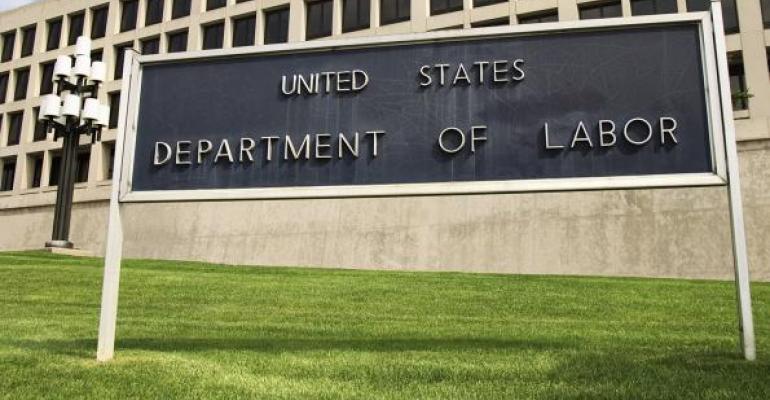Leading Democrats in Congress are asking the U.S. Government Accountability Office (GAO) to investigate how the financial services industry responded to last year’s ruling by the Fifth Circuit Court of Appeals to vacate the Department of Labor’s 2016 fiduciary rule.
Rep. Bobby Scott (D-Va.), chairman for the House Committee on Education and Labor, and Sen. Patty Murray (D-Wash.), the Ranking Member for the Senate Committee on Health, Education, Labor and Pensions, co-signed a letter to GAO Comptroller General Gene Dodaro, arguing the DOL had done little to inform savers about the ramifications of the court’s overturning of the rule passed under the Obama administration.
After the law was vacated, the DOL did not appeal the decision, opting instead to issue a Field Assistance Bulletin to advise the industry on its obligations and note that the DOL would not pursue prohibited transaction claims.
“In the past year, DOL appears to have done little, if anything, to warn retirement savers that they are now vulnerable to professionals who, according to DOL, have no obligation to put their clients’ interest before their own,” the letter read.
Additionally, Murray and Scott claimed the Fifth Circuit’s ruling, coupled with the Securities and Exchange Commission’s recent release of the Regulation Best Interest rule, left advisors and clients alike navigating uncertain regulatory terrain.
Though Murray and Scott acknowledged that Reg BI will not have a direct impact on retirement plans, they wrote that Secretary of Labor Alexander Acosta has intimated that the DOL will release a new fiduciary rule later this year in concert with the SEC’s new rule on retail advisors, which they believe could increase confusion. They asked the GAO to answer five questions, including whether financial services firms and advisors had assumed a fiduciary standard after the 2016 rule was issued and how those businesses changed as a result. They also want to know whether those firms who assumed a fiduciary rule continued to do so after the rule was vacated last year. They also asked the agency to consider how Reg BI would cover advice offered to clients saving for retirement, and if any retirement products would fall under the SEC’s jurisdiction as a result of Reg BI.
“Today, plan sponsors, financial services professionals, and investment advisors must decide whether to retain the new policies and procedures they developed, often at considerable expense, in response to the 2016 rule,” the letter read. “Meanwhile, plan participants may experience difficulty in understanding the various duties owed to them by those giving retirement advice and may be receiving conflicted advice.”





